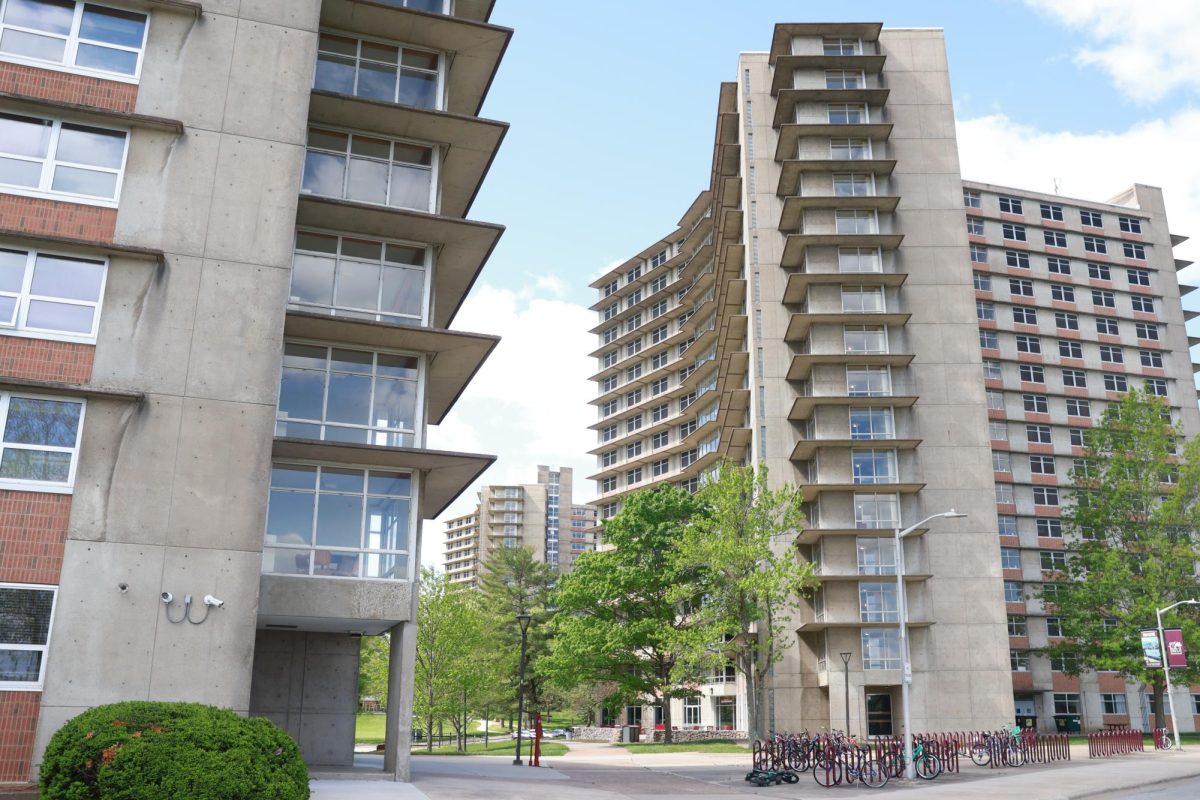Illinois towns drowning in pension debt from hundreds of funds
August 25, 2015
The pension-funding crisis undermining the stability of Illinois and Chicago is rippling through hundreds of smaller governments, squeezing budgets as officials prop up teetering police and fire retirement funds.
The eastern Illinois border city of Danville has reduced its firefighter ranks by 27 percent in five years to lower retirement costs. The tiny Chicago suburb of Stone Park sold $2 million in bonds last year to bolster the police pension fund, which had just six cents for every dollar owed retirees.
“Most communities in this state are in no position to continuously meet the pension requirements,” said Tom Weisner, mayor of Aurora, the state’s second-largest city, with a population of almost 200,000.
Advertisement
The squeeze comes from about 650 police and fire pension funds and is largely overlooked in the deepening Illinois and Chicago pension crisis. The state is saddled with $111 billion in unfunded liabilities. Chicago and its public school system, with a combined shortfall of almost $30 billion, face the prospect of bankruptcy.
Half of local retirement systems are less than 60 percent funded, according to a May report from a commission created by the legislature to monitor Illinois’s long-term debt position. Even those in better financial condition share a trait with weaker peers: mounting pressure from state-enacted benefit increases, resulting in higher taxes and service cuts to cover the costs of 11,000 retirees and 22,000 active public-safety employees.
“I firmly believe our police and firefighters should enjoy a good pension, certainly at a higher level than mine,” Weisner said. “But they are reaching well beyond the level of sustainability.”
Benefit increases have outpaced investment and taxpayer revenue to pay for them.
Some towns and cities failed to make required payments during the past two decades, just as the state and Chicago did. Pension investment returns plummeted during the recession, deepening the hole.
Average funding for police and fire retirement plans was about 56 percent in 2012, the most recent year available. In 1991, they were at 75 percent.
Danville Mayor Scott Eisenhauer said his city of 32,000 is running out of options. Sixty percent of the property tax goes to pay pension obligations, he said. The firefighter system was 24 percent funded in 2013, while the police fund was at 36 percent.
“We’re losing ground,” Eisenhauer said, adding that residents may move four miles to Indiana to avoid the obligation.
Advertisement*
“We may not drive them out with higher property-tax rates, but we may with decreased services,” Eisenhauer said.
The challenge was compounded in May when the Illinois Supreme Court overturned a 2013 law that cut pension benefits, saying such payments to public employees are sacrosanct. While the decision applied solely to state plans, the ruling constrained all municipalities.
Chicago enacted a benefit-cutting law last year affecting two of its pension systems. A judge declared it illegal, citing the Illinois constitution. The city is appealing.
Pension liabilities are at the root of Illinois’s lack of a budget almost two months into the fiscal year. As more money goes to pay for underfunded pensions, deficits mount — $6.2 billion this year. Republican Gov. Bruce Rauner and Democratic legislative leaders are at an impasse over how to close the gap.
Rauner has called for letting municipalities file for Chapter 9 bankruptcy to relieve stress. While some mayors support that, a bill that would have ended the requirement that the state authorize a filing stalled in the legislature.
The situation has raised questions about why there should be 650 pension systems — some covering fewer than 10 retirees.
“For every municipality to have its own police and fire pension system makes no policy or economic sense,” said Laurence Msall, president of the Civic Federation, a Chicago research organization that specializes in government finance.
Msall and others argue that they should be merged into one or two systems, eliminating the duplication of administrative costs and having them run by professionals instead of retirees. One proposal calls for having investments handled by the Illinois Municipal Retirement Fund, an oddity in the state — it’s 93 percent funded.
The proliferation of pensions reflects Illinois’s abundance of governments — almost 7,000 taxing bodies, the most among the states. They run the gamut from mosquito-abatement districts to economic development authorities.
“There’s not an easy fix,” said Rep. Elaine Nekritz, who chairs the House Personnel and Pensions Committee. “Consolidating the systems is not a panacea.”
Weisner said Aurora has made its required pension payment every year since he became mayor in 2005, yet costs still squeeze essential services.
“Cities like Aurora are now faced with the difficulty of whether we can afford to fill a police or fire vacancy based on whether we can afford to hire a new employee,” he said.
Advertisement









